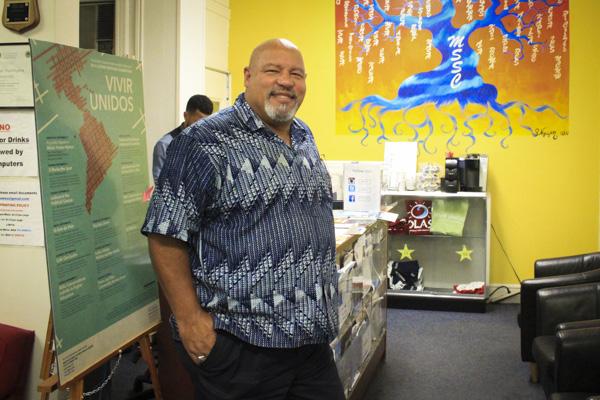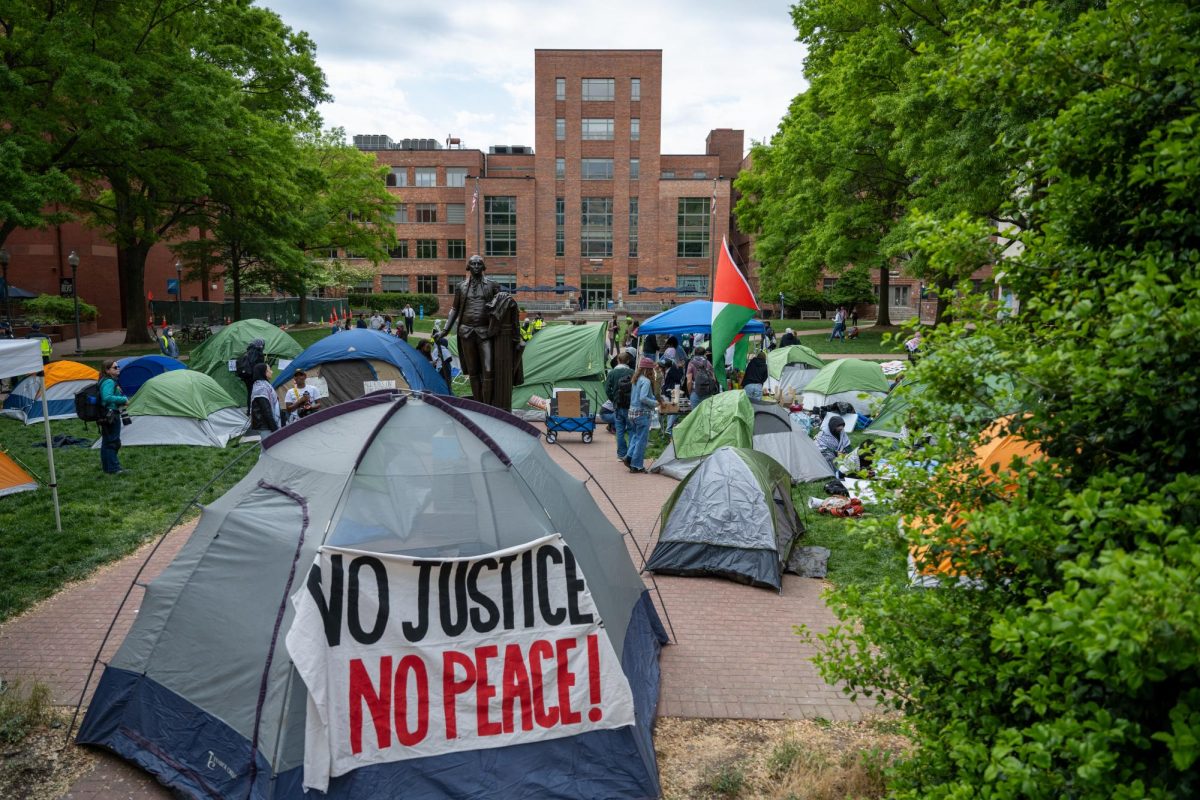A new program will bring groups of students together to talk about diversity on campus.
The Multicultural Student Services Center launched “Diversity Dialogues” this semester, which gather groups of eight or nine students to discuss social justice, identity, race and ethnicity. Multicultural leaders said the conversations will strengthen the dialogue about diversity and inclusion on campus – especially after a series of other universities’ movements sparked national conversations.
Michael Tapscott, director of the Multicultural Student Services Center, said the pilot program will require a small group of students to attend one discussion per week this semester. Depending on the interest in the program and success of the initial group, more groups will be added of the same size and time commitment.
Tapscott said he and other MSSC staff members started the program to address students’ concerns and national conversations about diversity, especially in response to police violence against minorities. Last month, students hosted a vigil in Kogan Plaza to honor black people who were killed by police officers.
“In response to the black student community’s recent callings for healing, unity, reconciliation and peaceful dialogue, ramping up this training approach is the right thing to do, and it is good for community building,” Tapscott said.
Tapscott said a committee from the student affairs office will choose topics based on local, regional and national trends, as well as student feedback.
Anyone on campus can ask to be part of the conversations, but they will be limited to the small groups, he said. MSSC staff will moderate the conversations.
“If you have too few, you lose creativity and breadth of response. If you have too many, you lose the value of consistent participation,” Tapscott said. “The facilitator is the most important role, that person manages the interaction, engages the quiet and tempers the overly impassioned.”
The discussions will be advertised in the MSSC newsletter and online, and MSSC staff plan to approach student organization leaders about joining the discussions at the mandatory Center for Student Engagement leadership trainings, Tapscott said. Student groups are required to attend three CSE trainings by March.
Clare Lewis, president of the Multicultural Greek Council, said the discussion groups will help members of the multicultural community learn how to best advocate for one another.
“I had not heard about the diversity dialogues announcement, but it sounds like a great idea,” Lewis said. “As an organization, the Multicultural Greek Council is always seeking to advocate for the communities our members represent, through co-sponsorships and active involvement in cultural orgs around campus.”
Naomi Dwork, academic chair of the South East Asian Association, said the discussions should open a dialogue on campus that will ensure multicultural students’ voices are heard.
“I believe this is a fantastic idea to bring more cohesiveness to the multicultural voices at GW,” Dwork said. “Diversity is a hard and often very complex issue to tackle within a large university, and an initiative that encourages more diverse student voices to be heard could be a major turning point for GW.”
Dwork added that the new program would help students of different backgrounds in various multicultural organizations better understand each other.
“I personally have found there is a lack of collaboration between multicultural organizations on GW’s campus,” Dwork said. “Although there are many at GW, there is a lack of cohesiveness within them. I want an environment that marries these unique cultures together,. I think this has the potential to be really great.”
American University’s Center for Diversity and Inclusion offers diversity workshops, which cover topics like intersecting identities and working with first-generation students to create inclusive conversations.
Sara Bendoraitis, director of programming, outreach and advocacy at American University, said the university’s workshops help foster open conversation.
Bendoraitis added that she and other staff in the office usually train about 300 to 600 faculty, staff and students in workshops each year.
“Our assessments show demonstrated knowledge gain, and each semester a new group and area of campus reached out to us to do more training with them,” Bendoraitis said.
Elizabeth Konneker contributed reporting.








